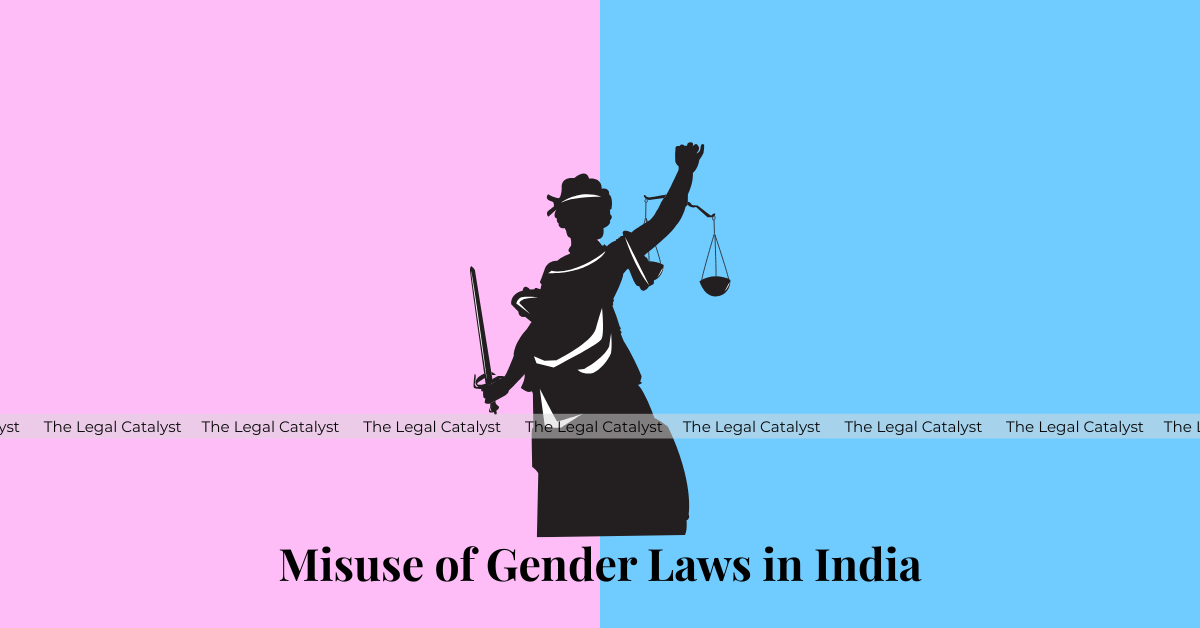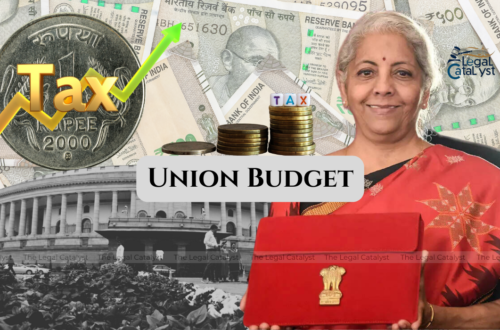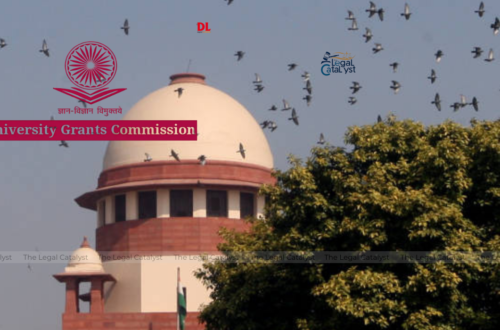India’s legal system has made tremendous strides in protecting women from abuse. However, another reality has emerged in the pursuit of justice. This reality is uncomfortable but critical to address. It involves the misuse of laws meant to protect women. This misuse often leads to the false implication and harassment of men.
The Laws at the Center of Controversy
India’s gender-specific laws have empowered countless women. However, some of these very laws are increasingly being used for vendetta, extortion, or leverage in personal disputes. Key examples include:
- Section 85 BNS (formerly Section 498A IPC) – Dowry harassment
- Domestic Violence Act, 2005
- Section 63 BNS – Sexual assault/rape allegations
These laws allow instant FIRs and arrests, sometimes with little or no evidence, setting the stage for long legal battles.
How Common Are False Cases?
While exact numbers are hard to track, various judicial and official sources provide concerning insights:
- NCRB Data: Around 25% of dowry-related cases end in acquittal, often for lack of evidence.
- Supreme Court (2017) called 498A misuse “legal terrorism.”
- Delhi High Court (2021) flagged that many rape cases were filed after consensual relationships turned sour, lacking merit but dragging men through prolonged trauma.
Why Do False Cases Happen?
There are multiple reasons behind the growing number of false accusations:
- Instant Arrests Without Investigation: Some laws allow police to arrest solely on the basis of a complaint.
- Revenge or Leverage: False cases are often filed for revenge, financial gain, custody battles, or to harass former partners.
- No Deterrent for False Accusations: Rarely do women who file false cases face punishment under laws like Section 217 of BNS.
The Human Cost of Legal Misuse
Behind every false accusation is a story of devastation:
- Career Destruction: Many men lose jobs, clients, or promotions—sometimes for life.
- Mental Health Impact: Depression, anxiety, PTSD, and even suicides are not uncommon.
- Family Collateral Damage: Parents, siblings, and new partners often bear the brunt of social stigma.
Is the Legal System Doing Enough?
Some efforts have been made to curb misuse:
- ✅ Supreme Court Guidelines (2014): Require a preliminary inquiry before arrest in Section 85 cases.
- ✅ Speedier Bail Provisions: Courts now grant faster bail in non-violent matrimonial disputes.
- ✅ Section 217 BNS: Penalizes false accusations—but it’s rarely invoked, especially against women.
However, enforcement remains weak. Many falsely accused men continue to suffer years of legal limbo without compensation or closure.
What Needs to Change?
To restore faith in the legal system and protect the rights of all, the following reforms are essential:
- Mandatory Mediation Before FIR in family disputes.
- Gender-Neutral Laws for domestic violence and sexual crimes.
- Strict Penalties for False Accusers, including jail or fines.
- Media Responsibility to stop portraying accused as guilty before trial.
Justice Should Be Blind, Not Biased
The aim of law is to protect the innocent and punish the guilty—regardless of gender. While it’s vital to support real victims, the unchecked misuse of protective laws risks undermining justice itself.
Your Turn: What Do You Think?
Do you believe India should:
- Make gender laws neutral?
- Enforce strict penalties for false cases?
- Mandate pre-FIR mediation in matrimonial disputes?
Share your views in the comments below. Let’s start a real conversation on balanced justice.
Connect with us on Instagram – X – LinkedIn for daily updates, quizzes, and other materials.
Also Read
Bombay High Court: Allegations of Impotency in Matrimonial Disputes Not Defamation






